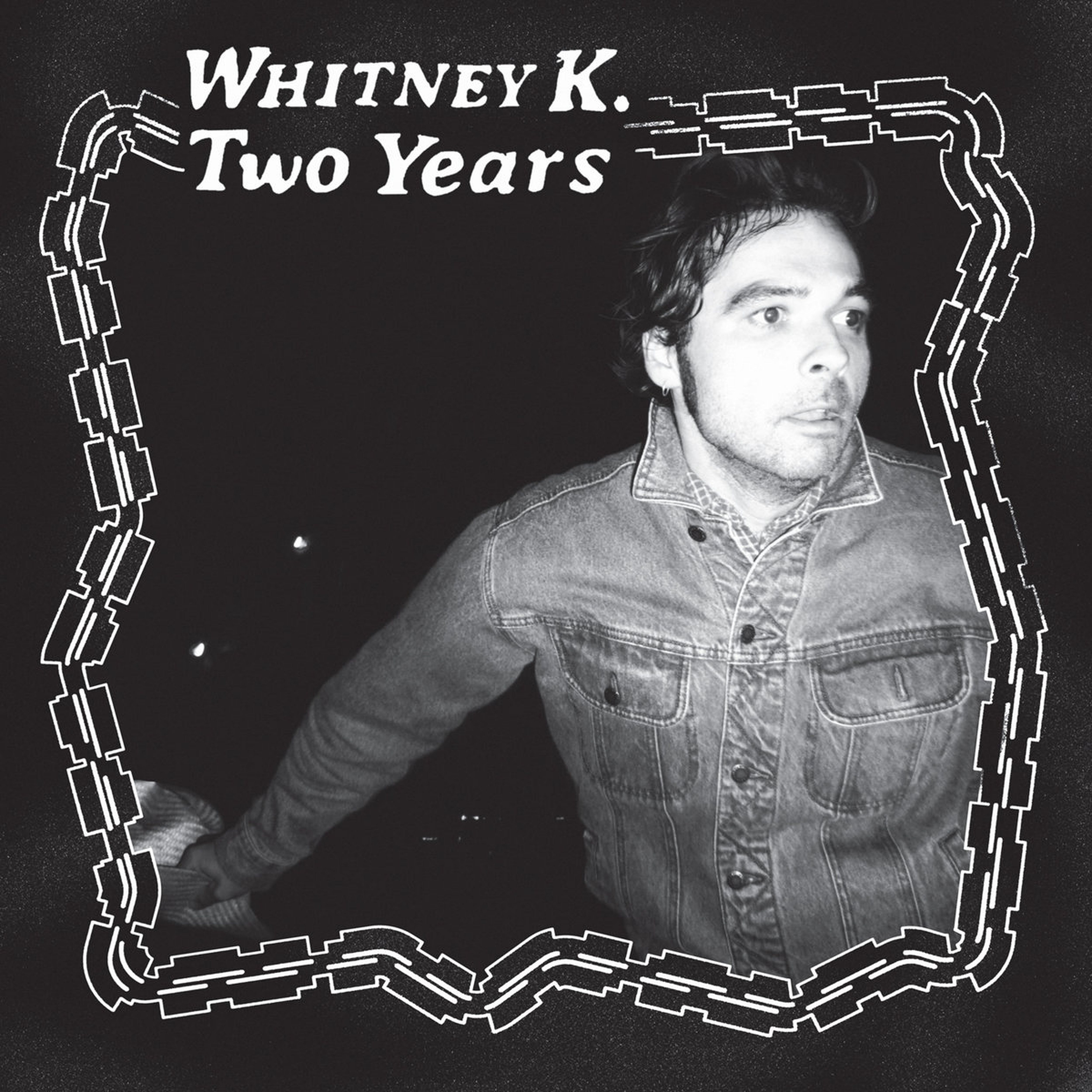Pierre Kwenders, born José Louis Modabi, has spent nearly all of the past decade breaking down borders in music. The result is a heady mix of genres and languages, incorporating rumba, electronic, hip hop and R&B. Born in Kinshasa, the capital of the Democratic Republic of the Congo, Kwenders founded the Montreal Afrofuturist artistic collective Moonshine in 2014, promoting “lunar-based events” and releasing a series of mixtapes that brought the sounds of Africa’s booming electronic scene to Canadian clubs.
Kwenders’s new project, José Louis and the Paradox of Love, is similarly ambitious and wide-ranging. Recorded with a worldwide array of collaborators over the course of four years, the album is dizzyingly eclectic but grounded in very personal issues of love and connection. The album’s title references Kwenders’s birth name, establishing a direct connection to the stories told in these songs. As someone who speaks only one of the five languages sung on the record, these themes are a bit beyond me.
Language, though, is no barrier to the music here. The epic opener “L.E.S (Liberté Égalité Sagacité)” is a hard-pounding slab of techno-fied rumba. Beginning with an acidic bassline filled out by some hypnotizing hand drums, the track slowly builds into a rousing toast from Kwenders, expounding the titular values — an Africanized take on the French revolutionary motto which replaces “fraternité” with “sagacité,” a term coined by Ivorian singer Douk Saga — before giving way to a more chilled-out back half, which features Arcade Fire singer Win Butler crooning the mantra “this brotherhood is no good,” once again discrediting the revolutionary value of fraternity. Chiming highlife guitars join the party but they’re oddly off-key, adding to the dark vibe of the track.
Lead single “Papa Wemba” is a smooth but overwhelming track with layers of horns, synths, guitars and strings swirling around the pounding beat and Kwenders’s low, seductive half-spoken vocal. It’s a sound both romantically sweeping and strangely aggressive, showing that even on one of the album’s most immediately catchy tracks, Kwenders is still interested in packing as much as he can into his music.
José Louis and the Paradox of Love is difficult to summarize. With its 13 tracks, it covers a lot of musical ground drawn from various genres and cultures, yet Kwenders delivers a deeply ambitious, inclusive, exciting and dense project worthy of time and attention.
Pierre Kwenders’s new album José Louis and the Paradox of Love will be available April 29.





